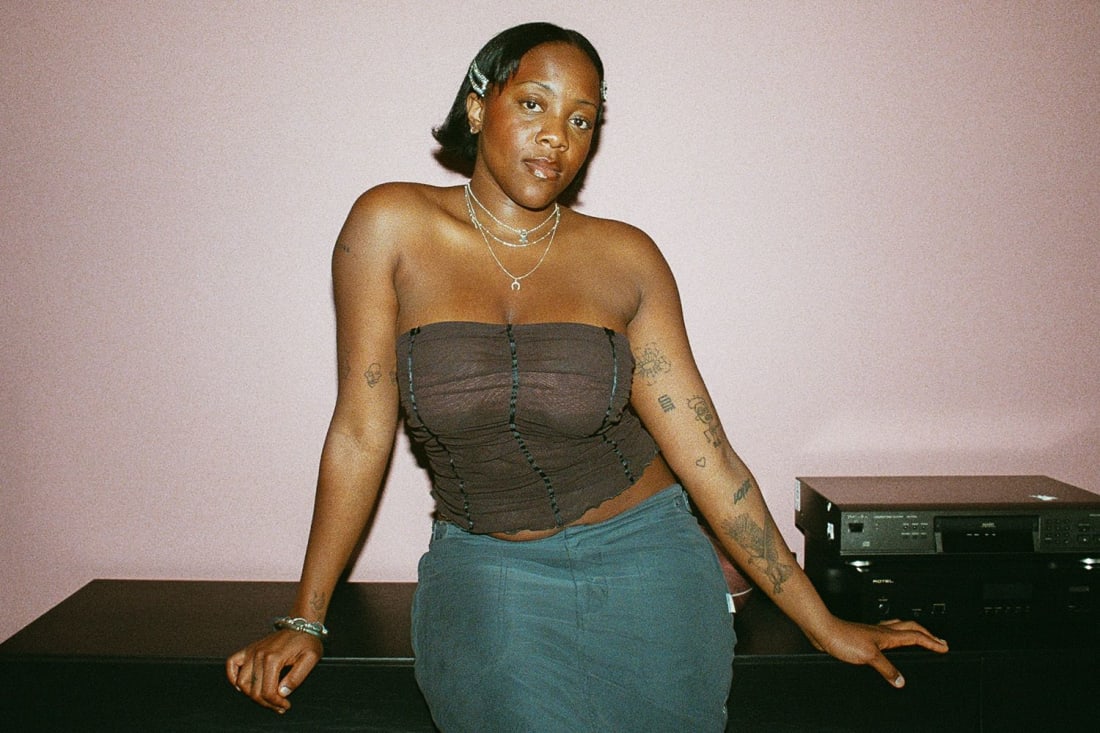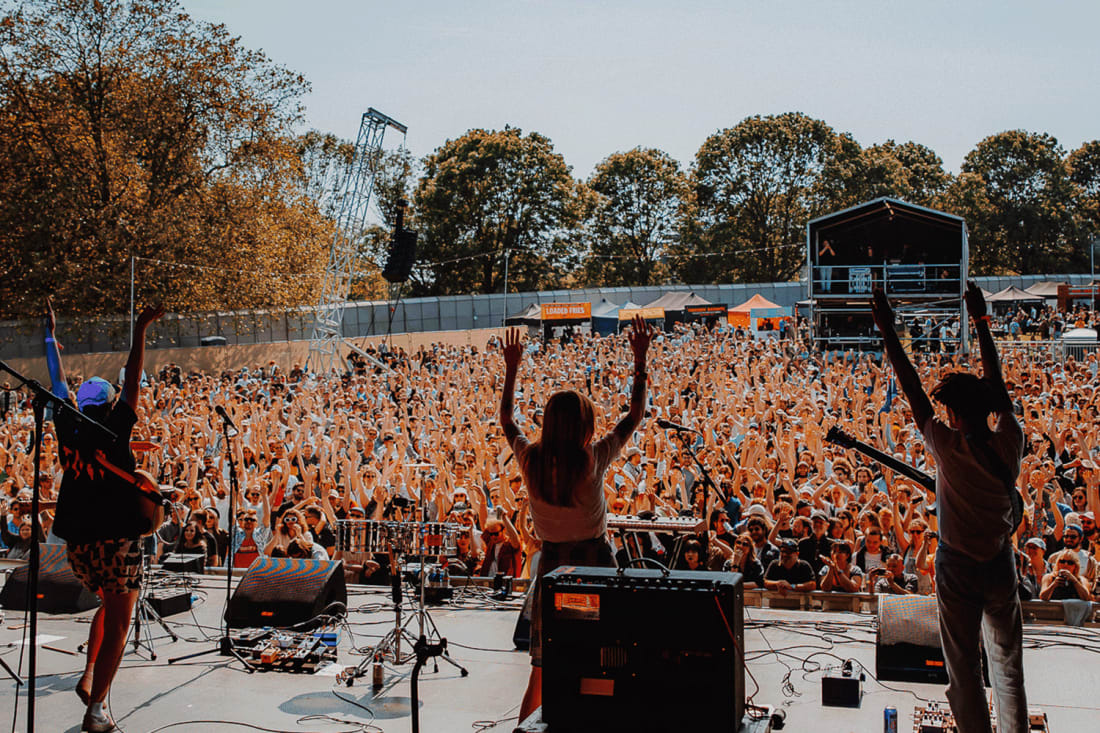Better off alone: Why it’s time to hit the club solo
From the mental health benefits to friend-making potential, here’s why raving on your own can be one of life’s most rewarding experiences
From the mental health benefits to friend-making potential, here’s why raving on your own can be one of life’s most rewarding experiences
Years ago, during Freshers Week in Leeds, a conversation stuck with me. Amid the usual small talk you have between new acquaintances, we veered into music territory, particularly the city’s thriving club scene. Back then, I hadn't found anyone who shared my enthusiasm for electronic music, so I suggested I’d head out on my own. The response was blunt: “Who goes alone? That's just weird.” I’m sure it wasn’t with malicious intent – but as an impressionable and anxious teenager, it was a statement I just couldn’t shake.
For years, I avoided going to a club alone – until I turned 21, and learned to stop caring. My first outing solo was at Wharf Chambers, an inclusive and cobble-floored club; a small, DIY club-slash-pub type venue. Although it took a while to settle in, it wasn’t long before I was approached by an array of like-minded people, in the smoking area and on the dance floor. Although it may sound dramatic, it was a pivotal moment that altered the course of my life. Clubs might be seen by some as mere catalysts for intoxication and casual encounters, but any dance music fan will tell you they’re so much more than that. They act as third spaces, fostering communities through the power of music.
Fast forward to today, and much of my life revolves around going to clubs and festivals alone. As a music and culture journalist, it’s my job. And while it’s a vastly different experience to going out with friends, I’ve learnt to love the transient nature of solo raving – the freedom of your own company and the dissociation that comes with dancing in a dimly lit room full of strangers (don’t get me wrong, I’ve made lifelong friends from clubbing alone, too).
“I’m a 6’5 trans woman, so I take precautions regarding what I wear. If I'm going to parties where I'm unsure of the crowd or area, I opt for big, baggy clothing that makes me look like an asexual tarpaulin and skip make-up altogether. However, I can’t stress it enough – clubs and parties are crucial for me as a trans person. They’re some of the few places where I feel truly comfortable and safe.”
Caitlin, 23, from Brighton, shares that their solo clubbing adventures began with a particular club night called Polyglamorous. “I remember really wanting to go but not having anyone to go with,” they recall. “So, I decided to channel my sparkly, naive freshers’ week self and often found myself adopted by very kind girl gangs.” Caitlin highlights the importance as a queer person of club spaces as places to connect with like-minded individuals without having to rely on dating apps. “If you're looking to make actual queer friends, gossiping with gay club regulars in the smoking area is a great way to go about it,” they suggest.
So, you want to club alone but are unsure where to start, or how to prepare yourself? Obviously, I’m in a privileged position as a white, cisgender, and able-bodied man. My experience would undoubtedly be vastly different if my skin pigmentation or testosterone levels were different. However, as a general rule of thumb, here are a few things to keep in mind before taking the plunge.
Consider sobriety
It’s best to try to keep a level head when clubbing alone, so going sober is a good idea. While it might be tempting to rely on liquid courage before heading out, going trashed is likely to end badly. That doesn't mean you shouldn't refrain from a little bit of hedonism if you really want to, but make sure to take it easy and know your limits – this applies to alcohol, weed and other drugs, too.
Choose the right venue and music for you
Don’t fall into the trap of going to the first club night that comes your way. Ensure that you're attending for the music or, at the very least, the overall vibe. Do your research to ensure the event is safe for you as well – an illegal rave might not be the best option for a solo first-timer.
Ask yourself why you really want to club alone
This aspect requires some contemplation, but it's something that shouldn’t be overlooked. Ask yourself why you’re clubbing solo in the first place. Is it to make new friends, see a particular DJ set, or simply have fun without relying on anyone else? Whatever your reason, it’s valid – but understanding it will help shape the night you’re planning.
Plan, plan, plan
Planning can make your solo clubbing experience much more rewarding. Make sure you know how you’re getting to and from the club, and avoid public transportation if possible. It’s wise to have a plan B too and let people know where you are, for instance, if you’re unable to order an Uber or miss that last bus home.
Be aware of yourself and others around you
Be mindful of the space you’re in and others around you. While the majority of clubbers are friendly, it's important to acknowledge that there may be a few bad apples in the mix, regardless of where you are. Keeping a level head can ensure you’re clubbing safely. This goes the other way too, especially if you're a man – ensure that your space isn't causing discomfort to anyone else in the room.
Relax and have fun
This one goes without saying. You’re here for you: focus on the music, atmosphere, and your enjoyment of the night. Take breaks if needed to recharge, avoid sensory overload, and leave whenever you feel ready.









